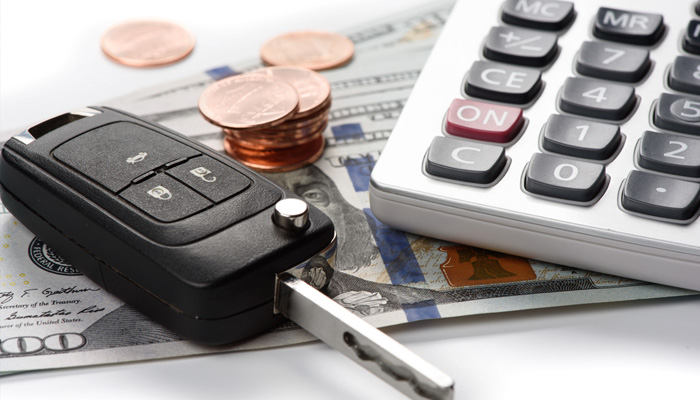Shutterstock
Even economists are surprised that despite record lows in unemployment and record highs in the number of available jobs.
A record number of 7 million Americans are behind on their auto loan payments by 90 days or more.

More than 7 million Americans have reached a serious delinquency status on their automobile loans, as defined as at least 90 days late, according to a new report by the Federal Reserve Bank of New York.
What economists find most “surprising” is that the number of auto loans now falling ninety days behind or more in their payments is actually 1 million higher than it was in 2010, a time at which many Americans were still struggling to recover from the financial crisis of 2008.
This was a time when not only auto loans were delinquent, but also when many homes were going into foreclosure.
Despite America’s booming economy with its strong labor market, economists are left scratching their heads that the US is seeing a record number of auto loan delinquencies.
It begs the question of whether there is a real economic struggle for many Americans, or whether they are simply prioritizing where they are spending their money, and what bills they may be allowing to slide.
Generally, at least in the past, people tended to prioritize car payments, since they are dependent on their vehicle for getting to work.
The number of auto loans issued has set a new record. And one might be quick to assume, that just as we saw during the 2008 financial crisis, this could be a result of questionable lending practices – but such is not the case. The overall credit quality of those taking out loans has actually improved.
Another positive note is that the number of credit inquiries fell to their lowest level in the history of the Fed survey, although that is driven largely by a decline in requests for refinancing.
One factor that could be a major culprit in this unusually high number is a report by the Fed that there has been a $584 billion increase in total auto loan debt. That increase is the highest jump since the New York Fed began tracking auto debt 19 years ago.
The increase has brought the total of auto loan debt in the United States up to $1.27 trillion.
Another factor could boil down to the amount of debt held by the average household. Household debt rose by 0.2 percent, or $32 billion, to reach a total of $13.54 trillion in the fourth quarter.
That amount is $869 billion higher than the previous peak of $12.68 trillion.